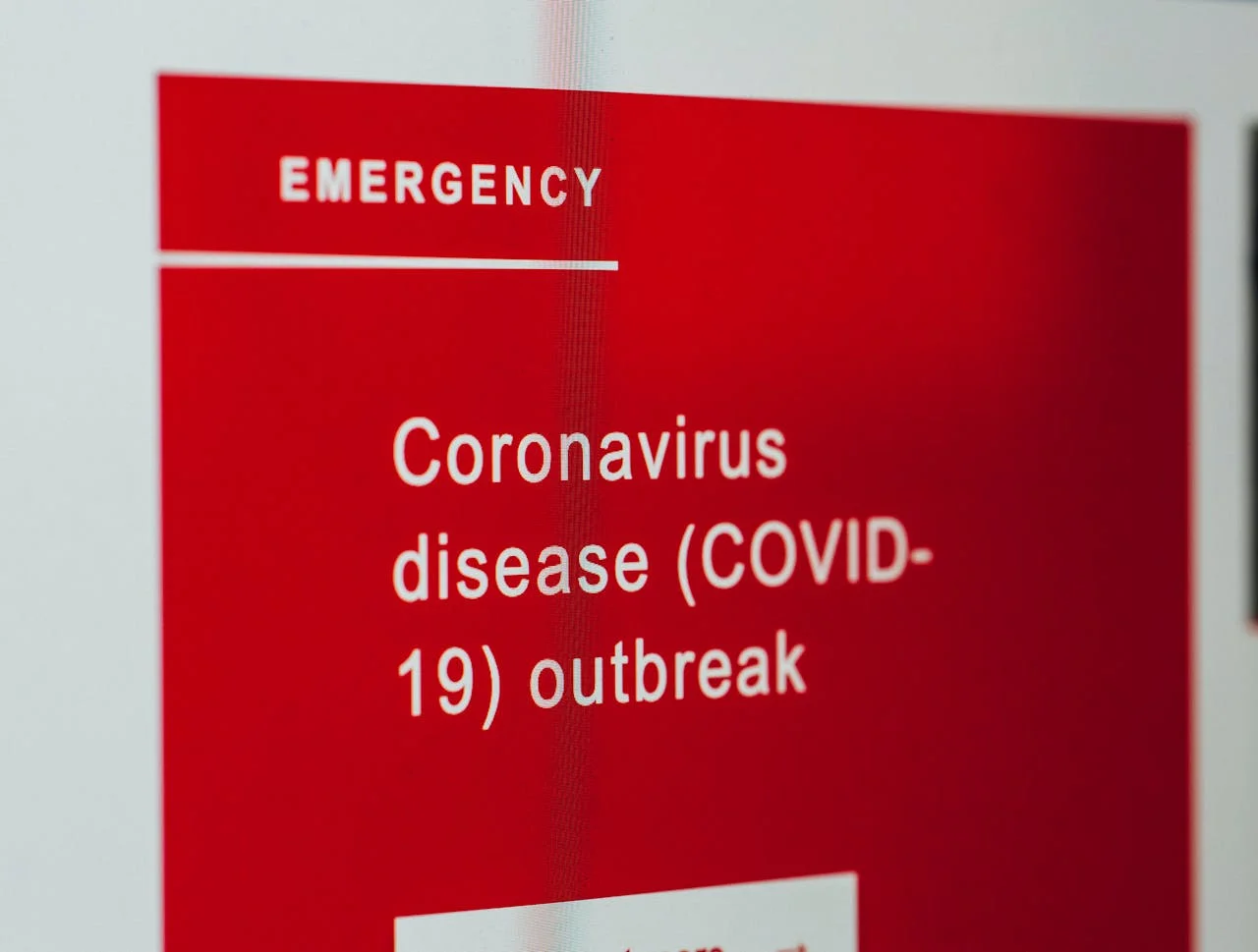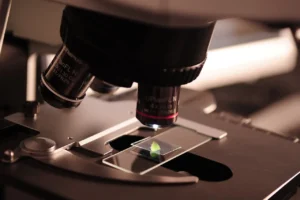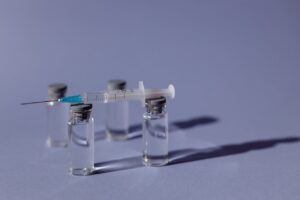
Roche (SIX: RO, ROG; OTCQX: RHHBY) disclosed today that its Elecsys pTau217 assay has been granted Breakthrough Device Designation by the U.S. Food and Drug Administration (FDA). Developed in collaboration with Eli Lilly and Company, this blood test aims to detect the presence or absence of amyloid pathology, facilitating timely care for individuals. This could involve enrollment in clinical trials or accessing approved disease-modifying therapies. If approved, the test holds promise to significantly improve the speed and accuracy of Alzheimer’s disease diagnosis, potentially lessening its impact on individuals and society.
Matt Sause, CEO of Roche Diagnostics, emphasized the escalating global dementia rates, with a significant portion of cases going undiagnosed. He highlighted the pivotal role of diagnostics in addressing this healthcare challenge and expressed confidence in the significance of pTau217 in Alzheimer’s diagnosis. Leveraging Roche’s expansive diagnostic infrastructure, they aim to ensure widespread access to this critical test.
Anne White, EVP of Eli Lilly and Company, echoed the importance of advancing Alzheimer’s diagnostics, underscoring the collaboration’s role in meeting this pressing need.
pTau217, a phosphorylated tau protein fragment, has demonstrated promising ability in distinguishing Alzheimer’s from other neurodegenerative disorders, offering robust performance compared to other biomarkers.
As leaders in Alzheimer’s innovation, Roche and Lilly aspire to accelerate testing and diagnosis through this collaboration, aiming to address the significant unmet medical needs in this field.
The Elecsys pTau217 assay is designed for individuals aged 60 years and older, aiding in the identification of amyloid pathology, a hallmark of Alzheimer’s disease. A positive result indicates a high likelihood of positive amyloid PET/CSF results, while a negative result suggests a high likelihood of negative results. An indeterminate result indicates uncertainty, requiring further clinical assessment.
Roche’s commitment to Alzheimer’s spans over two decades, encompassing investigational medicines and diagnostic tools to detect, diagnose, and monitor the disease. Their portfolio includes trontinemab, an innovative Brainshuttle™ anti-amyloid treatment, and approved and investigational digital, blood-based, and cerebrospinal fluid (CSF) assays.
The Breakthrough Devices Program, under which Elecsys pTau217 received designation, expedites the development and review of medical devices for life-threatening or debilitating conditions, aiming to enhance treatment and diagnosis efficacy.




